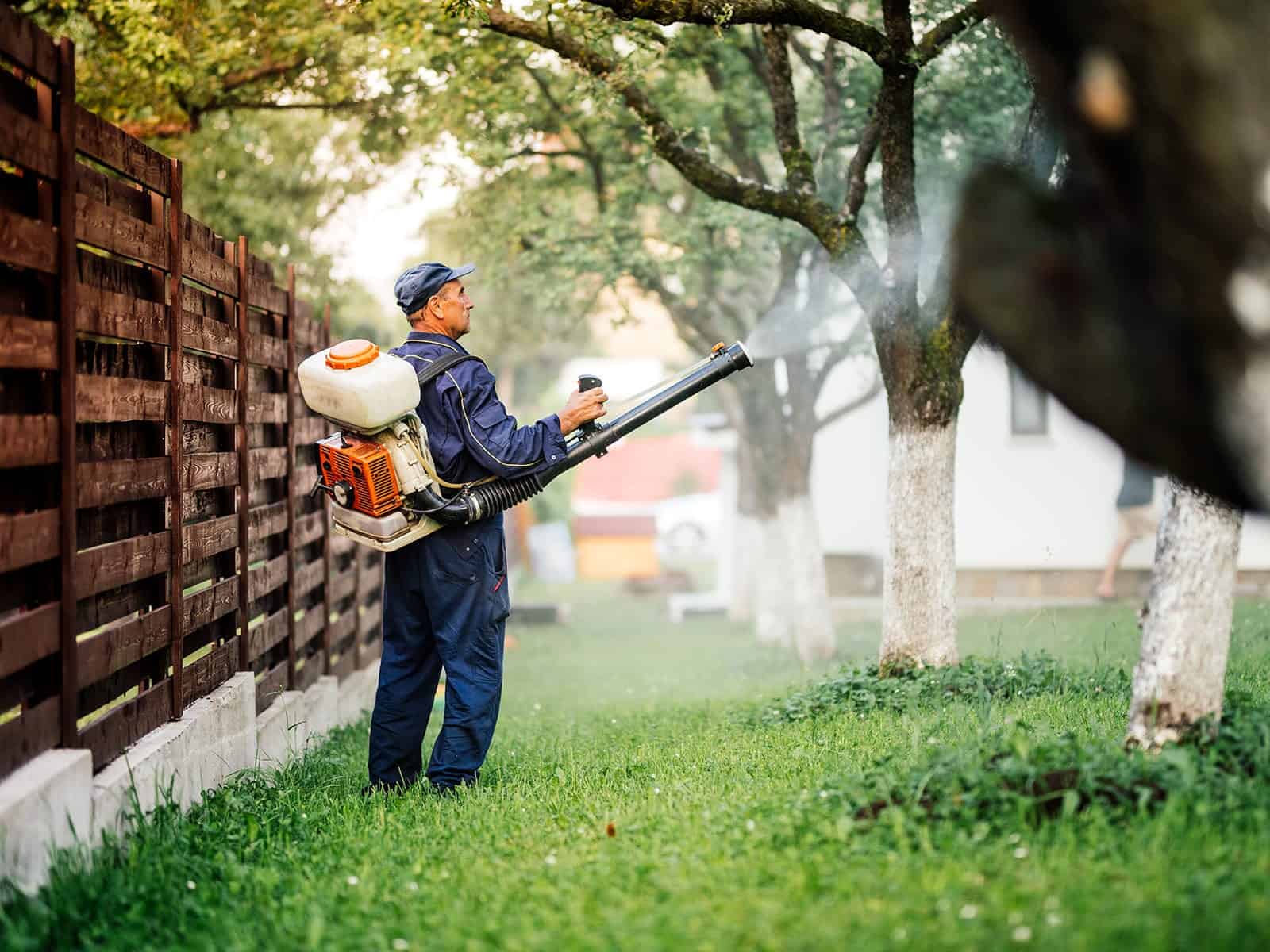The Psychology of Pest Behavior: What Causes Infestations?
Every property owner knows the discomfort of finding an unwelcome infestation inside their living space. Ranging from ants marching across the kitchen counter to the unpleasant sight of a cockroach scuttling quickly, these tiny intruders have a knack for turning a serene house into a source of stress. Understanding the psychology behind the behavior of pests can provide understanding into why infestations happen and how we can successfully control them.
These pests are motivated by fundamental instincts and needs, seeking food, protection, and breeding grounds. While we delve into the intricacies of these behaviors, we'll examine common residential infestations and the most effective strategies for maintaining them away. This manual will cover everything from the reasons that DIY pest control often is ineffective to the times that it's more suitable to bring in the experts. With the appropriate knowledge and preventive measures, you can ensure a pest-free space throughout the year.
Essential Pest Management Strategies
To ensure a pest-free and healthy home, it is crucial to implement a mix of preventive measures and responsive actions. Begin by sealing any entry points that pests may exploit to enter your home. Examine window frames, entryways, and foundation cracks for gaps and utilize caulk or weather stripping to close them. Additionally, keep https://ozonepestcontrol.com/ by regularly tidying up areas where food might be accessible, as crumbs and spills can lure nuisance visitors.
In addition to sealing entry points, proper landscaping holds a key role in pest control. Keep your garden neat by trimming bushes and shrubs that may house pests. Avoid planting flowers too near to your home, as they can function as a pathway for insects to access. Using mulch in moderation and keeping it a few inches away from the foundation can limit moisture and deter pests from settling near your home.
Finally, contemplate planning regular pest inspections to detect infestations before they become widespread. Professional pest control services can detect potential risks and recommend targeted treatments. Remaining proactive with these key strategies not only erases the threat of pests but also offers peace of mind, guaranteeing a secure and enjoyable living environment all year long.
Comprehending Frequent Insects
Frequent household pests can cause significant annoyance and possible health risks. Ants are communal insects that can invade homes in quest of food. Once they discover a trustworthy food source, they produce pheromone trails that lure more ants, resulting in larger infestations. Proper recognition and elimination of food sources are vital to manage these pests successfully.
Another prevalent pest is the cockroach, infamous for surviving in unsanitary conditions. They are drawn to heat, humidity, and food remnants, making kitchens and bathrooms key targets for infestations. Cockroaches can spread diseases, so it is paramount to eradicate their presence through tidiness and expert pest control when required.
Bedbugs are hard to find pests that feed on blood and often go undetected until a significant infestation occurs. They are commonly infested through second-hand furniture or travel. To identify a bed bug problem, search for small brownish-red stains on sheets and bites on the skin. Efficient management requires a blend of thorough cleaning, sealing obscured areas, and professional extermination to ensure these pests do not return.
Fallacies and Facts About Pest Control
Numerous residents believe that each pests can be easily controlled with self-help approaches, leading to the belief that professional pest control is not needed. While some lesser infestations can be dealt with at home, major infestations often require advanced knowledge and tools that experts utilize. Do-it-yourself techniques may provide a temporary remedy, but they seldom address the root of the problem, which can result in recurring issues.
A further common fallacy is that all pest control methods are harmful to the ecosystem or animals. This is not true. Environmentally friendly pest control solutions have gained popularity in the last few years, offering effective alternatives that preserve both your home and the environment. Using eco-conscious pest control, such as natural oils or biological control agents, can be just as efficient as standard methods avoiding the associated risks.
Finally, many people think that once a pest control treatment is finished, their home will remain pest-free for good. This is a myth that can lead to carelessness. Regular inspections and preventive measures are vital. Pests can reappear if their openings are not secured or if sufficient sanitation measures are not observed. Therefore, ongoing vigilance and regular pest control treatments are necessary in ensuring a pest-free home.
